The Team GB heroes devastated by UK Sport's funding cuts
After seven British sports had their funding cut by UK Sport ahead of Tokyo 2020, The Independent talks exclusively to those affected and the bleak future that now lies ahead
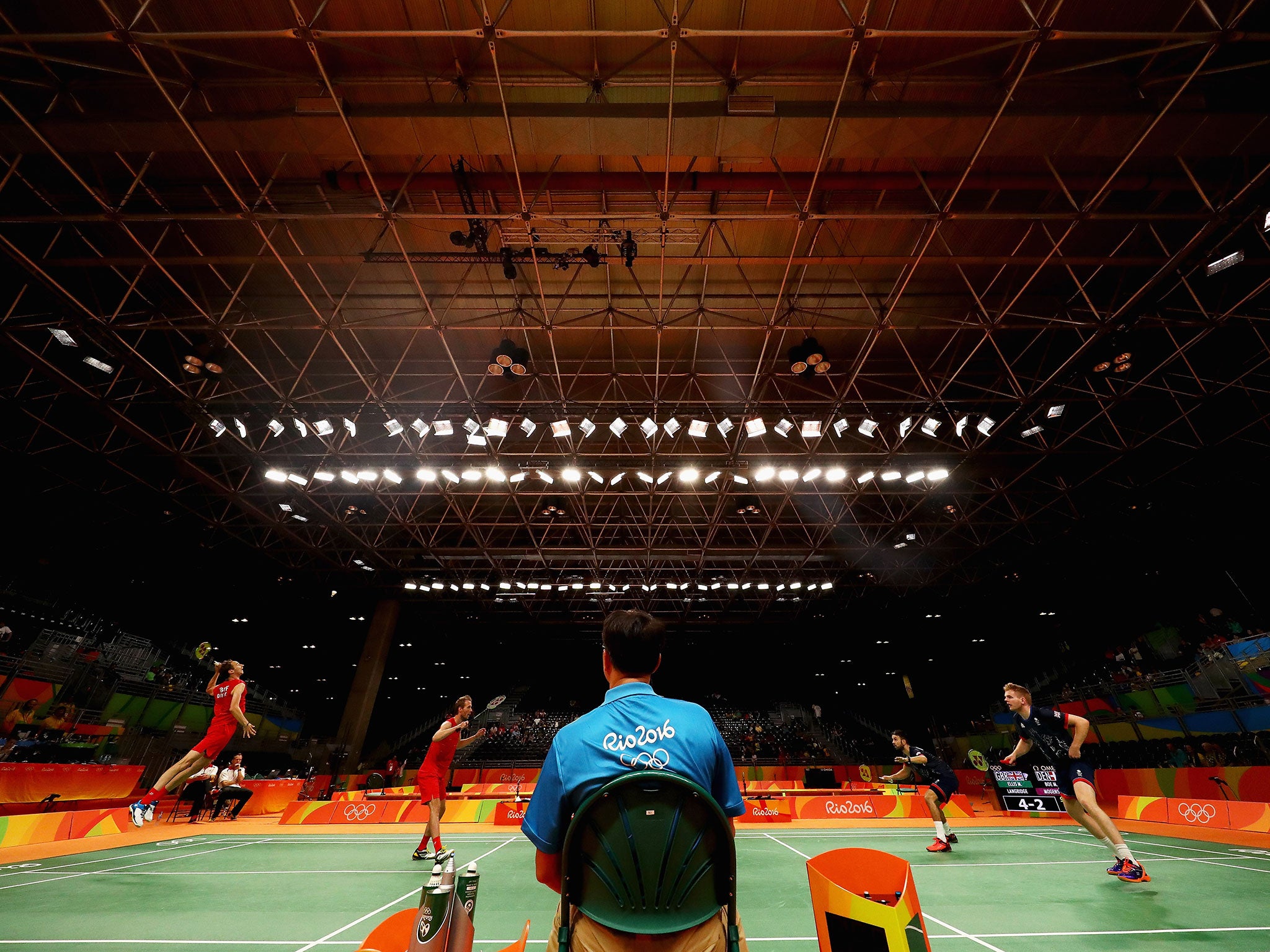
Your support helps us to tell the story
From reproductive rights to climate change to Big Tech, The Independent is on the ground when the story is developing. Whether it's investigating the financials of Elon Musk's pro-Trump PAC or producing our latest documentary, 'The A Word', which shines a light on the American women fighting for reproductive rights, we know how important it is to parse out the facts from the messaging.
At such a critical moment in US history, we need reporters on the ground. Your donation allows us to keep sending journalists to speak to both sides of the story.
The Independent is trusted by Americans across the entire political spectrum. And unlike many other quality news outlets, we choose not to lock Americans out of our reporting and analysis with paywalls. We believe quality journalism should be available to everyone, paid for by those who can afford it.
Your support makes all the difference.Just months after the city centre parades, proud proclamations from politicians and countless interviews on breakfast television, life is very different for a select group of Britain’s Olympic and Paralympic heroes.
In fact, it’s fair to say, life is pretty miserable right now.
Last week UK Sport, the governmental body that invests money in Britain’s elite athletes, rejected the appeals of seven sports which had their funding cut in its latest budget announcement.
“As athletes, you have tough times and it’s how you overcome them,” reflects Chris Langridge, who won bronze in the men’s badminton doubles for Team GB last summer.
But bouncing back from this crash to earth looks near on impossible for Langridge. Badminton was given £5.7m in the build-up to the Rio Olympic Games. In the four years leading to Tokyo 2020 it will have nothing - despite achieving its target to win a medal set by UK Sport last time out.
“It would help pay for shuttlecocks, for courts, for a physio, for us to play tournaments and to get a world ranking,” Langridge adds, explaining just how vital the funds are.
The money now must come from somewhere else.
“Badminton is a massive sport in Asia and their funding is just increasing every single time we speak to them and ours has gone to zero.
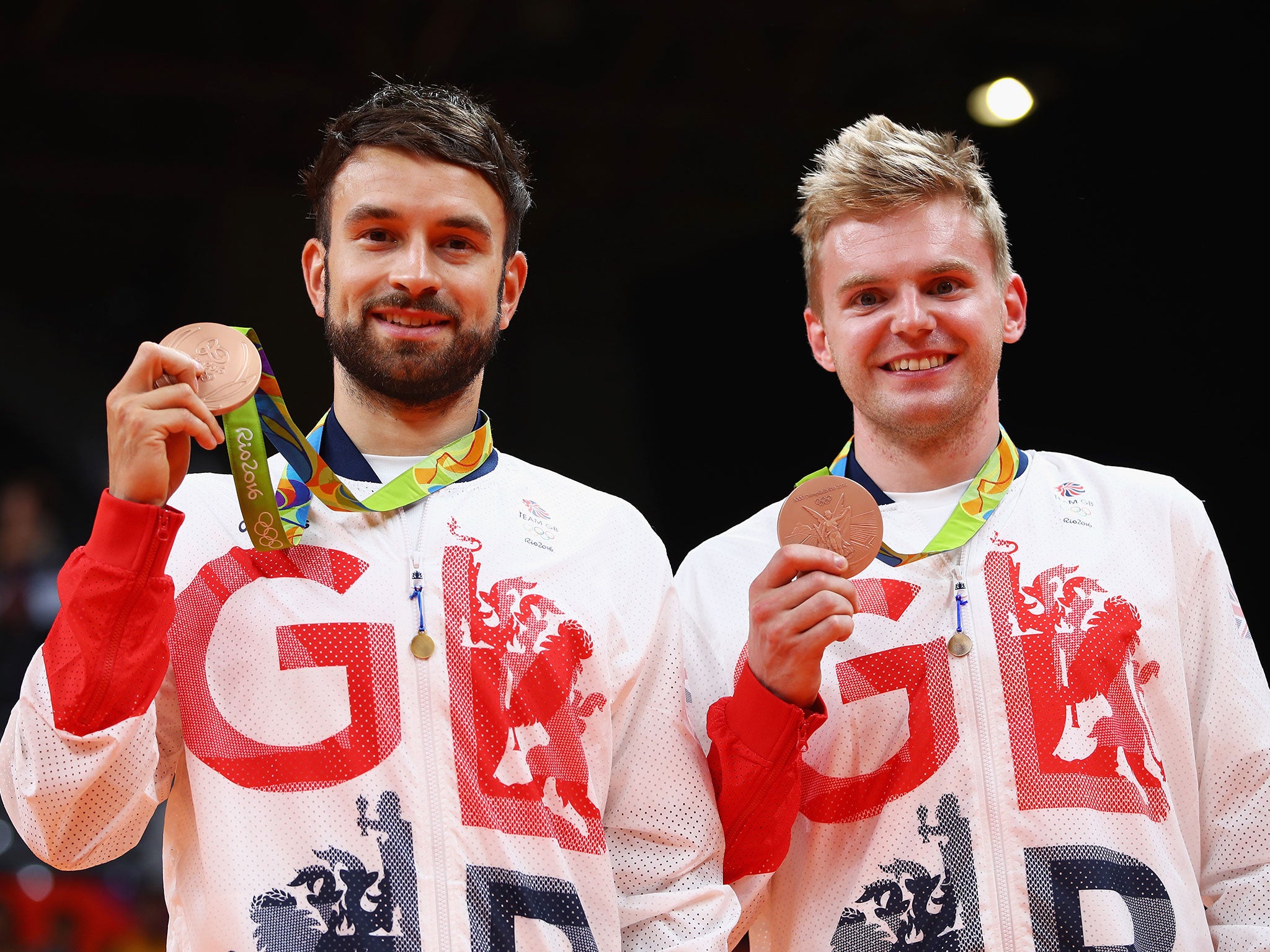
“It is like a mountain to a mole hill in regards to how we are competing. Ours is absolutely minimal compared to theirs which is astronomical.
“When the divide is so big it’s very hard for us to compete and I really hope it doesn’t get to the stage where we will have to look for another job.”
For Langridge and his partner Marcus Ellis, ranked 14th in the world and 4th in Europe as a doubles pair, that prospect is not something they would be willing to do.
“When you’re doing something 75 per cent, for me that is not good enough to compete with the best in the world,” Langridge adds with a sense of resignation.
“Badminton is a professional sport and the very best are great. I’m competing six or seven hours a day to compete with the best in the world and you can’t do that and have a day off of any sort so you’re either a professional badminton player, or you choose a different path in life.”
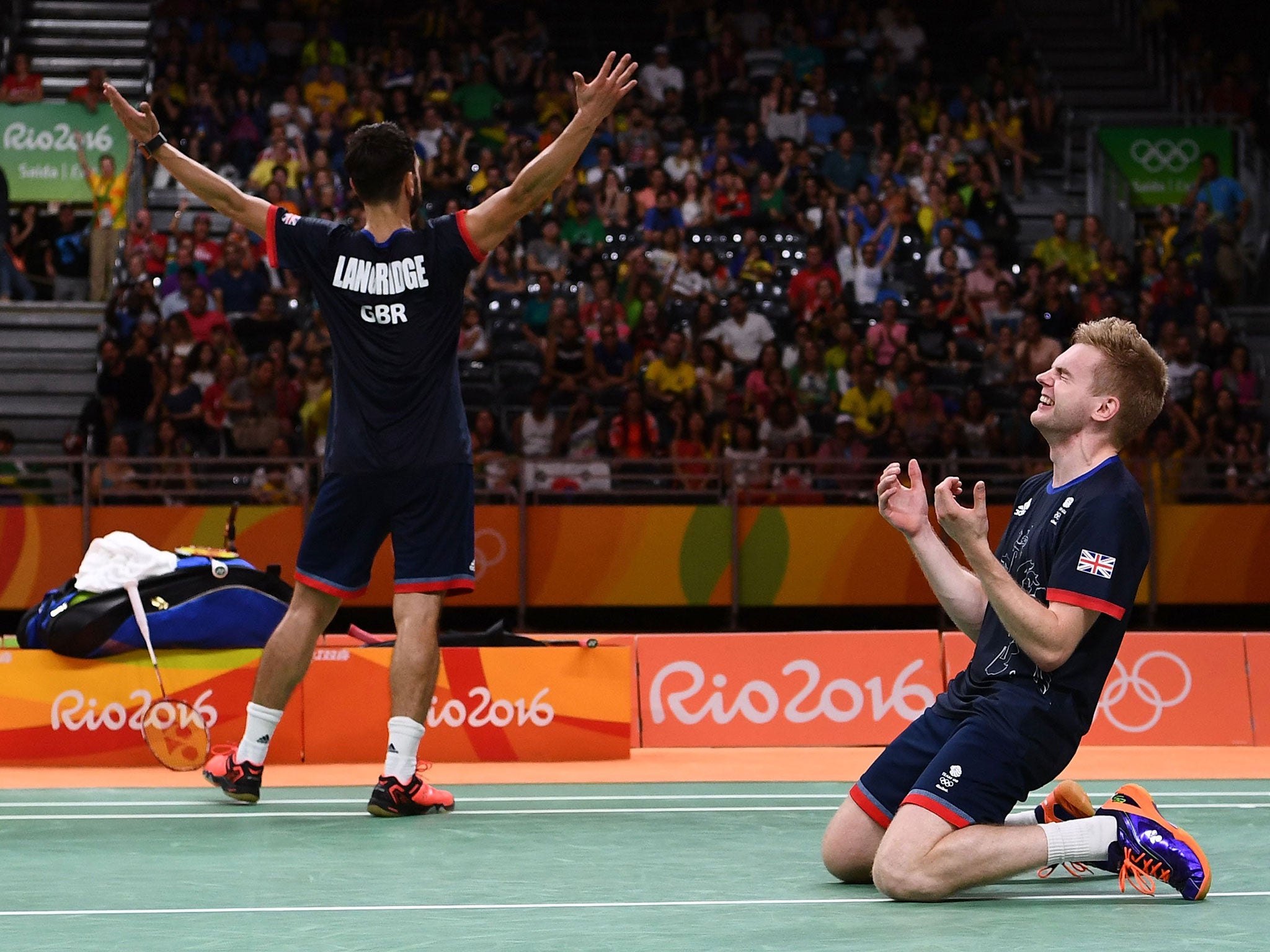
It’s not just Britain’s badminton players who face their own sporting apocalypse. Elite competitors in archery, fencing, goalball, table tennis and wheelchair rugby will have to get by with little or no funding from the Government.
Weightlifting - initially told it would face cuts in December - was the only sport offered a reprieve last week.
The news will have come as little shock to those who know about UK Sport’s cut-throat pursuit of medals. Like the most ruthless of businessmen, the body wants an instant return on its investment through gold, silver and bronze in Tokyo.
At the 1996 Olympic Games in Atlanta - the year before UK Sport was founded - Team GB finished in 36th place in the medals table with a solitary gold among its 15 medals. Fast forward 20 years to Rio and British athletes won 67 medals - of which 27 were gold - helping it leap up to second in the table.
Those figures meant Great Britain became the first nation to better its medal haul in both the Olympics and Paralympics in the Games after being hosts.
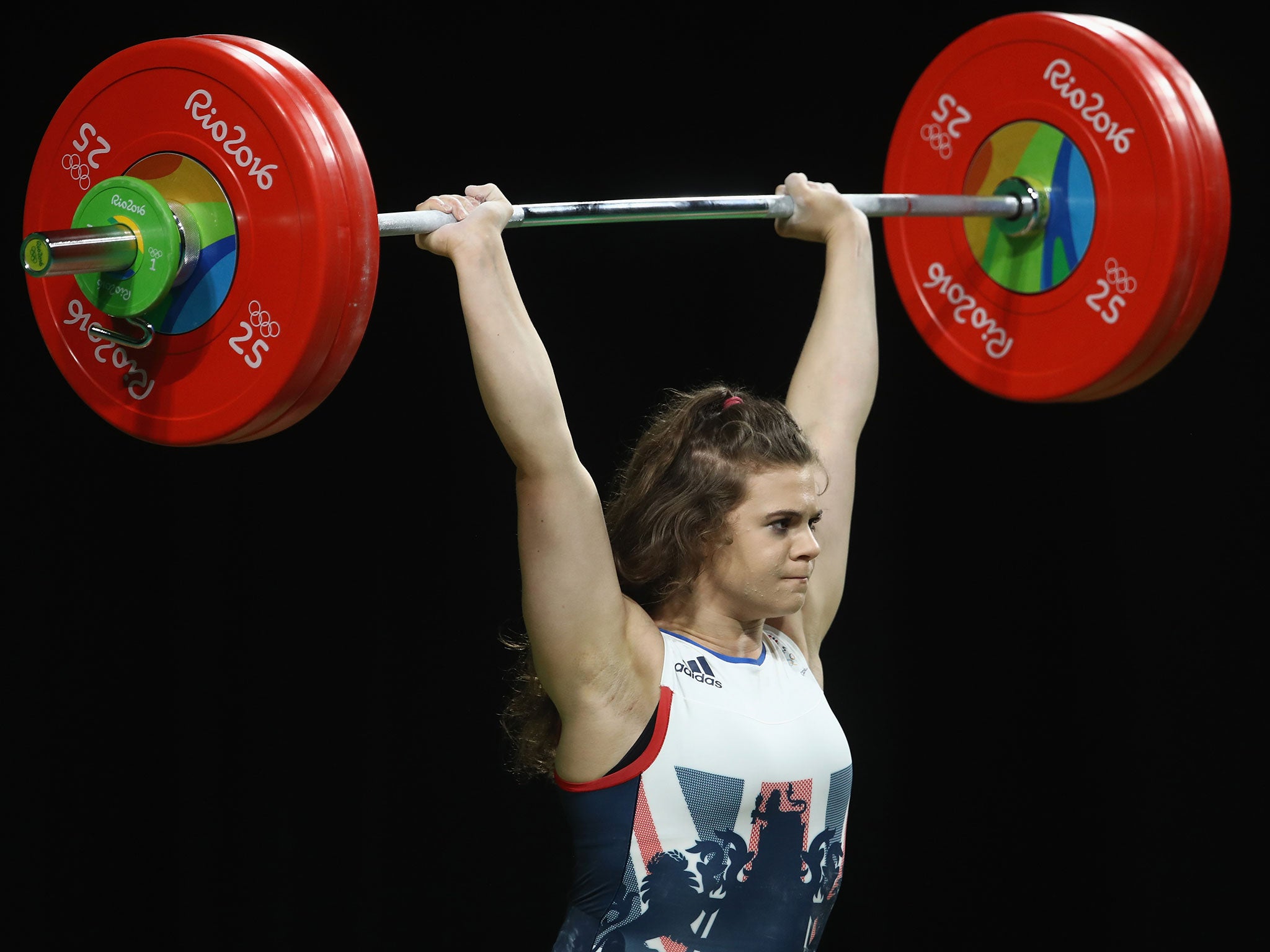
In short, Team GB has transformed from an also-ran into one of the very best.
UK Sport may be cut-throat but its methods appear to work - at least in accruing medals.
A total of 31 Olympic and Paralympic sports will now be given £345m over the next four years with the body targeting 51-85 Olympic and 115-162 Paralympic medals. Those who miss out on medals will be at risk of losing money next time round.
As well as pressing home its track record in delivering success, UK Sport adds that it does not make these decisions haphazardly.
“We would like to invest in every sport but the reality is that we have to prioritise within agreed resources to protect and enhance the medal potential within the system,” Liz Nicholl, CEO of UK Sport, said in a statement.
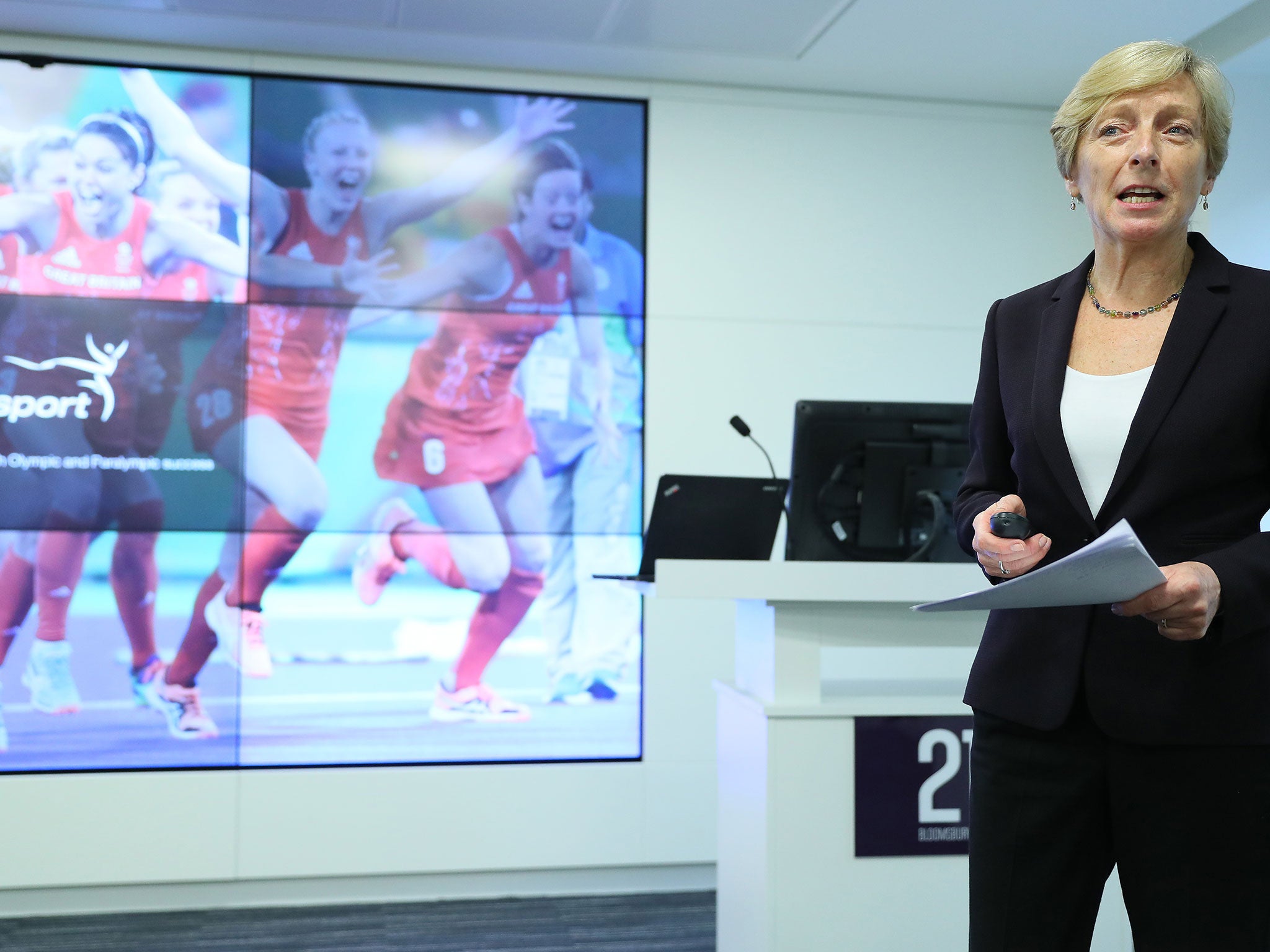
“If we underinvest across the board then the British teams will ultimately underperform at the Games and medal success will be put at risk.
“We know what it takes to win and what it costs to win and believe these investments will deliver medal winning success to inspire the nation once again in Tokyo.”
The body has promised to put in a “comprehensive transition and support package” to help the sports affected. But for all their words of encouragement, the financial reality will bite hard.
“It’s incredibly difficult to see how we will have a competitive national team going forward,” David Pond, CEO of GB Wheelchair Rugby, tells The Independent.
"It’s a huge sum of money to actually find and of course we’re already looking at how we might do that but it’s quite an ask.
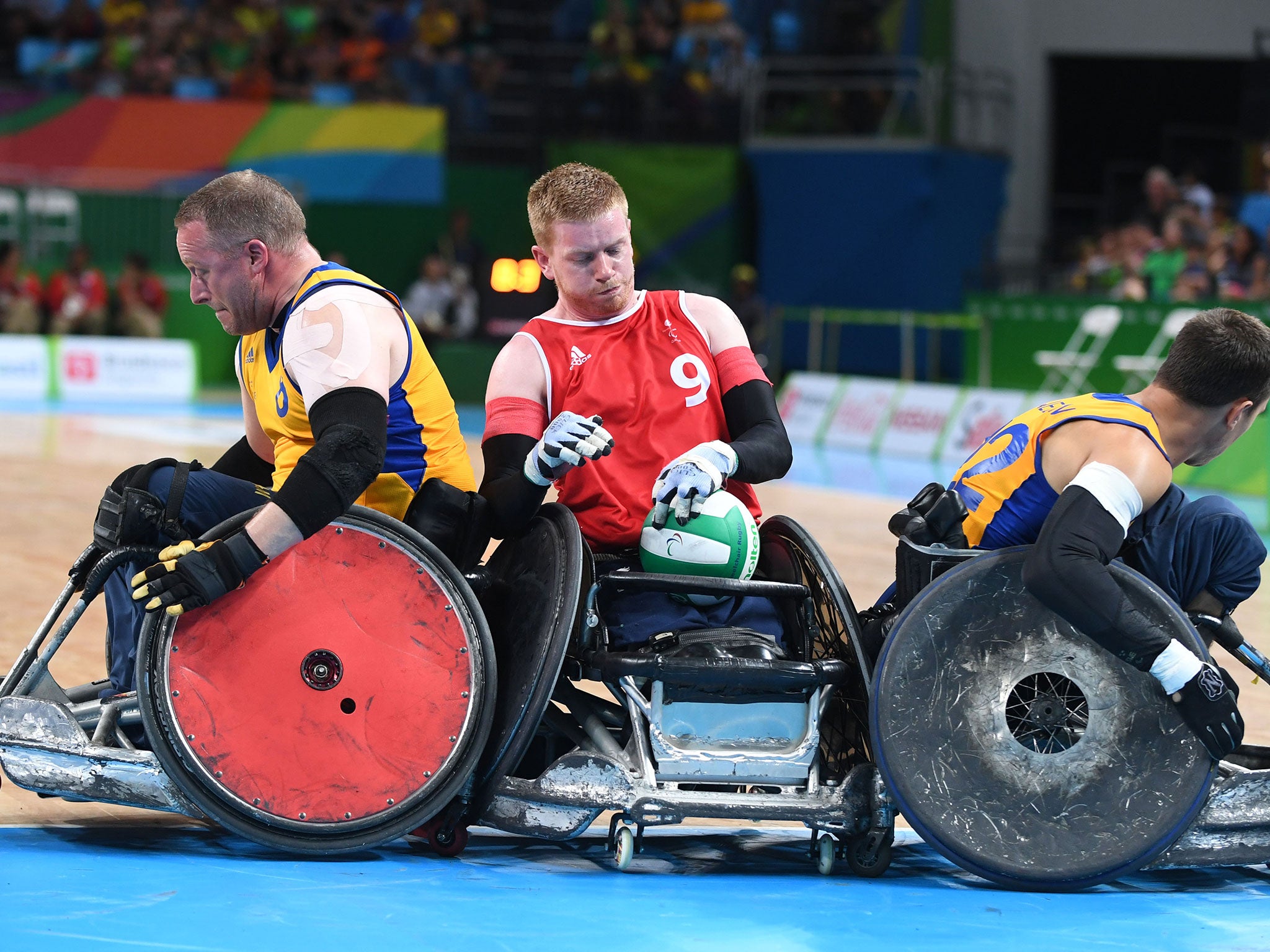
“The bottom line is to remain competitive – with the sport moving on massively across the world, there’s no question about that – to have any chance of medalling in the big events like Tokyo. We have to be playing the best teams in the world and the best teams in the world are Australia, Canada, the United States and Japan and it’s obvious that all of those are a long way away.
“We need to travel and be playing those on a regular basis."
Pond believes that wheelchair rugby was one of the success stories of the legacy from London and adds with a sense of bitterness that other sports have been let off lightly despite their relatively mediocre performances. GB’s wheelchair rugby team lost out on a medal match “on the bounce of a ball” as Pond put it.
“If you look at the funding that’s been pledged at the moment, some sports have had massive increases. Unbelievable increases,” he adds.
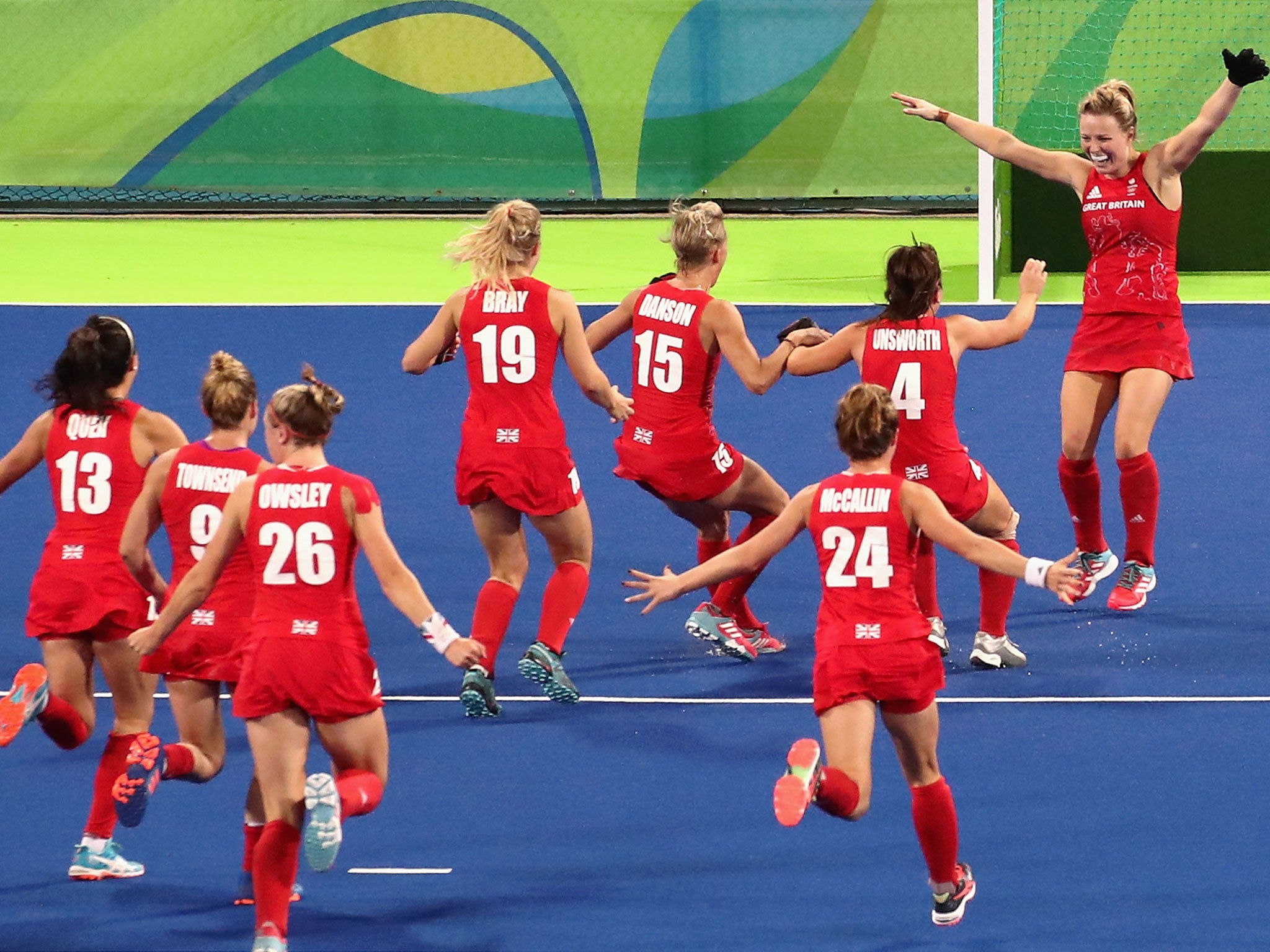
“Things like shooting [from £3.95m to £7.03m] have had a massive extra injection of money, hockey’s had a big injection of money [from £16.14m to £18.02m] on the back of the women’s success even though actually the men’s performance was poor and certainly not as good as wheelchair rugby’s.”
Some of the decisions behind which sports have received more money seem somewhat arbitrary. Judo, which claimed one bronze medal at Rio - like badminton - saw its funding go up.
Other sports that traditionally win lots of medals - rowing, sailing, cycling and athletics - will receive over £20m each for the next cycle.
“If that continues to happen then only four core sports are going to be funded,” Langridge says.
“And before you know it we’ll be winning a lot of the medals in some sports but other sports will win no medals because we’ve got no support.”
From there, a vicious cycle could begin.
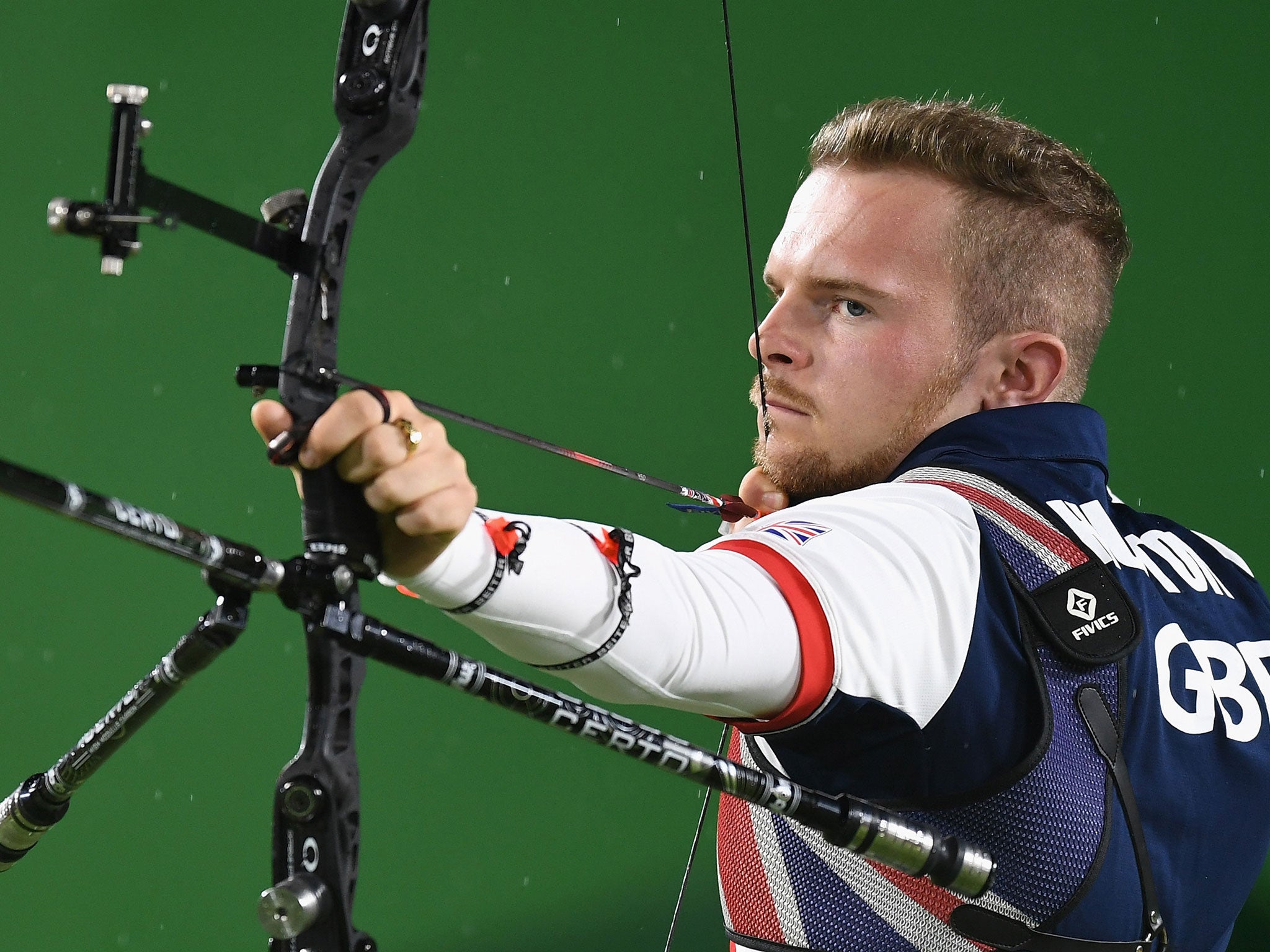
Part of Nicholls' statement when justifying the cuts was the idea that medal success helps to "inspire" the nation.
But without funding, both Pond and Langridge believe there will be a dearth of role models from their sports to "inspire" the next generation coming through.
“It’s just fewer people for the young badminton players to look up to and aspire to be,” Langridge says.
Indeed, for those negatively affected, the future looks bleak.
From having the “most incredible couple of weeks of my career” at Rio, the thought of the Tokyo Games fills Langridge with nothing but dread.
“The decision that UK Sport has made is so tough for us.
“All of a sudden… it feels like my medal has been snatched away.”
Join our commenting forum
Join thought-provoking conversations, follow other Independent readers and see their replies
Comments